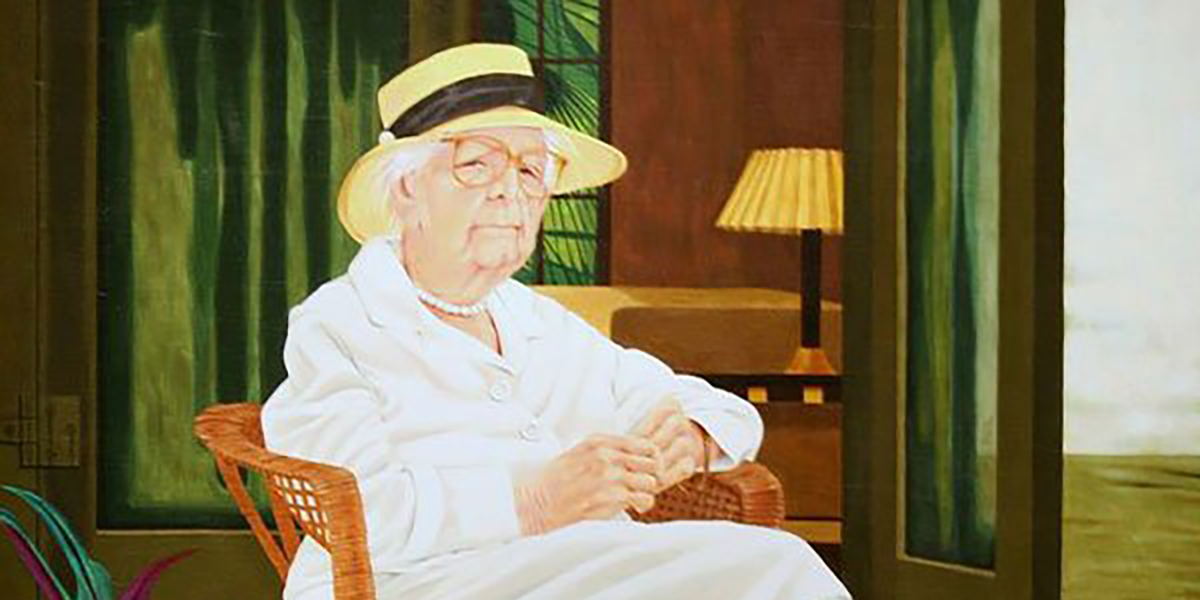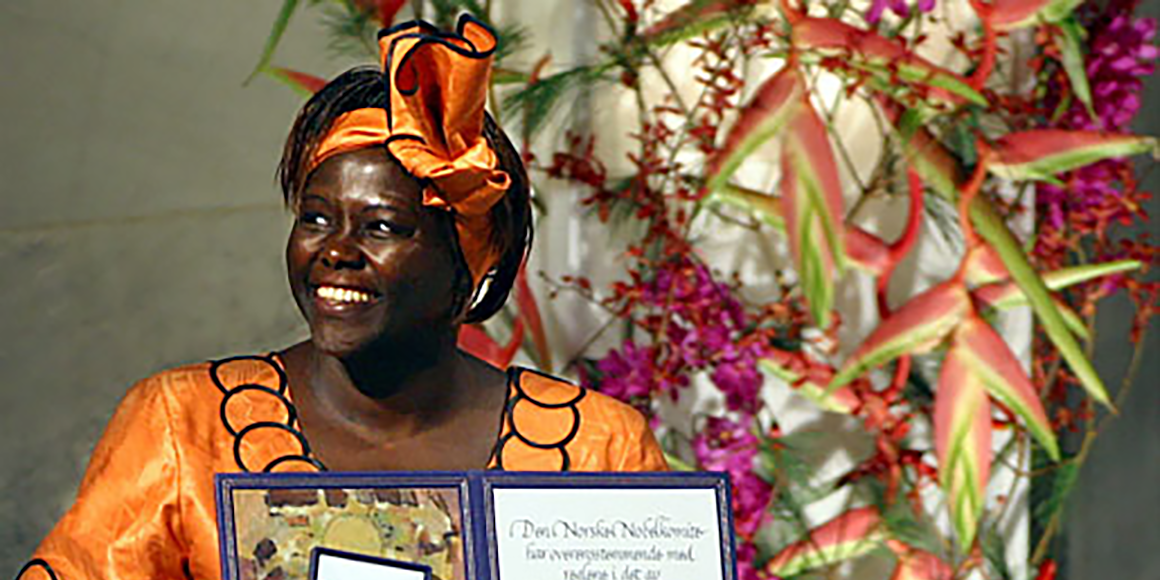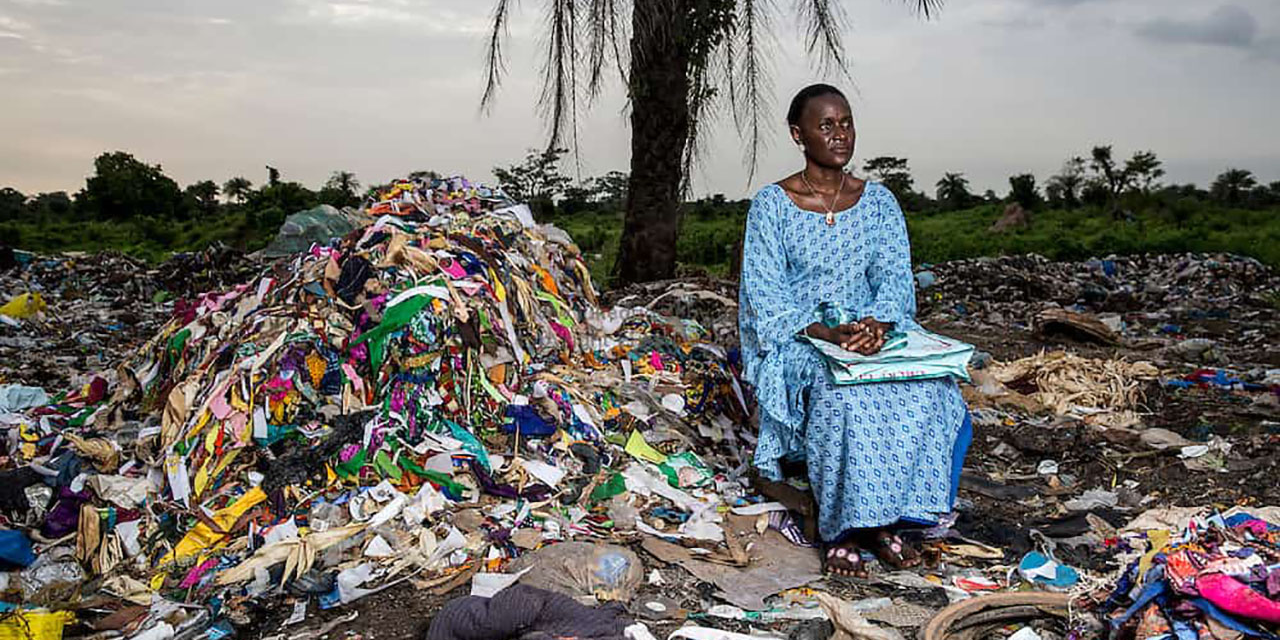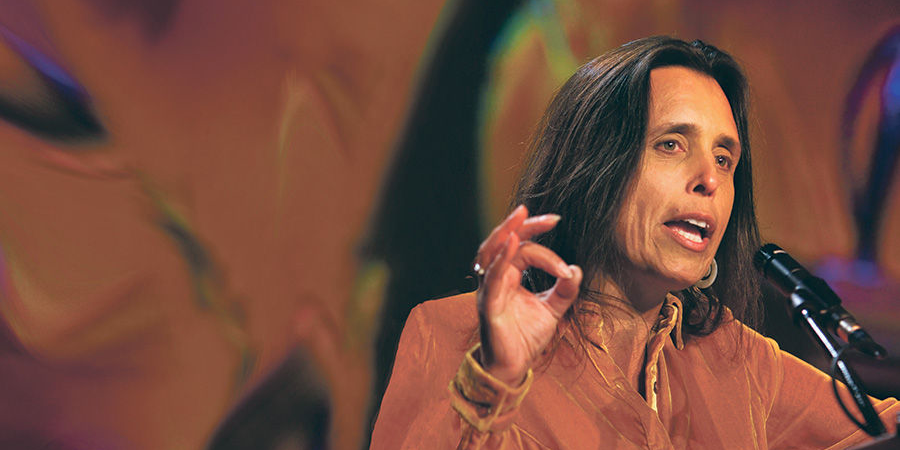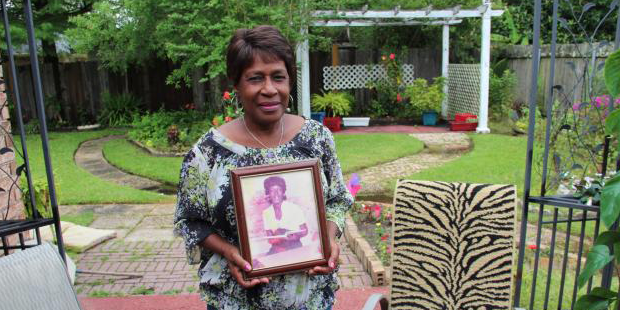Throughout history, women have been at the forefront of discovery and change worldwide. Here are six lessons about living sustainably we’ve learned from notable women working to protect and improve the planet.
1. Preserve and protect natural resources
A lifelong journalist and Miami resident, Marjory Stoneman Douglas spent more than half of her life learning about and working to protect the Florida Everglades. She served on the committee to create Everglades National Park, and after years of research, she wrote The Everglades: River of Grass, which has become the definitive text on the natural resource.
She continued to fight for the Everglades well into her 70s, founding Friends of the Everglades to raise awareness and prevent a proposed construction project that would have destroyed the wetlands, eliminating sheet flow of water and upsetting the natural cycles that provide the state of Florida with water. Today, Friends of the Everglades continues to preserve, protect, and restore the only Everglades in the world in Marjory’s honor.
2. Mobilize communities
Wangari Maathai was a Kenyan environmental activist and academic writer who mobilized communities for conservation through planting trees. While serving in the National Council of Women in Kenya, Dr. Maathai introduced the idea of community-based tree planting. In 1977, Maathai founded the Green Belt Movement to focus on the planting of trees, environmental conservation, and women's rights.
In 1984, she was awarded the Right Livelihood Award for "converting the Kenyan ecological debate into mass action for reforestation." She served as a member of the Parliament of Kenya and between January 2003 and November 2005 served as assistant minister for environment and natural resources. She became the first African woman to win the Nobel Peace Prize in 2004. The Green Belt Movement continues to focus on poverty reduction and environmental conservation through tree planting.
3. Turn waste into wealth
Isatou Ceesay, founder of Women’s Initiative Gambia, began recycling plastic bags into useful products in 1998. In her own words:
“I am a Gambian environmentalist and social entrepreneur nicknamed ‘Queen of Recycling’. [...] I dropped out of high school because my mother could not afford to pay for my schooling. [...] I turned to volunteerism which provided me the opportunity to work with the US Peace Corps Volunteers in my community through which I was inspired to venture into an enterprise of my own. [...] Through [the Peace Corps], I attended a waste management training workshop in neighbouring Senegal and I was inspired to go into environmental work.
My collaborators and I figured out a way to recycle discarded plastic bags into useful products, such as ladies’ bags, purses, balls, and wallets. We formed local women groups and trained them on processing waste plastic into long strips which could then be woven into useful products. The women were able to sell these products, bringing in much-needed money, and at the same time helping reduce plastic waste in their community.
In 2012, WIG was registered as a Community-Based Organization (CBO). Since then, the initiative has grown beyond plastic recycling to include other areas of recycling—such as briquette production from discarded groundnut and coconut shells, and bag production from used rice bags—as well as teaching entrepreneurial skills and empowerment to women, youth and disabled groups.”
4. Coexist with wildlife
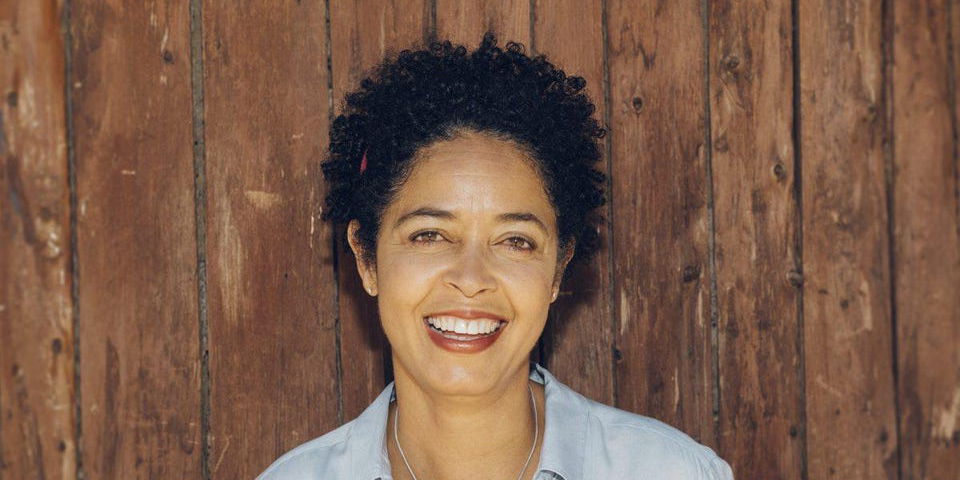
Dr. Paula Kahumbu has spent her life protecting elephants in Kenya and advocating for elephant rights worldwide. She is the CEO of Kenyan Conservation NGO WildlifeDirect, where she spearheaded the hard hitting Hands Off Our Elephants Campaign to restore Kenyan leadership in elephant conservation through behaviour change at all levels of society, from rural communities, to business leaders and political decision makers.
She created her own television series called Wildlife Warriors, which allows Kenyan’s to tell their wildlife stories and inspire people to love and care about nature, especially as climate change continues to threaten African wildlife.
5. Honor the Earth
Winona LaDuke is a rural development economist and author working on issues of Indigenous Economics, Food and Energy Policy. She co-founded Honor the Earth with the Indigo Girls, as a platform to raise awareness of and money for indigenous struggles for environmental justice. Globally and nationally, Winona is known as a leader in the issues of cultural-based sustainable development strategies, renewable energy, and sustainable food systems. She is one of the leaders in the work of protecting Indigenous plants and heritage foods from patenting and genetic engineering.
A graduate of Harvard and Antioch Universities, she has written extensively on Native American and environmental issues. She is a former board member of Greenpeace USA and is presently an advisory board member for the Trust for Public Lands Native Lands Program as well as a board member of the Christensen Fund. The author of five books, including Recovering the Sacred, All our Relations and a novel, Last Standing Woman, she is widely recognized for her work on environmental and human rights issues.
6. Command justice
In 2004, Margie Eugene-Richard became the first Black person to win the Goldman Environmental Prize for her work to secure an agreement from Shell Chemical to reduce its toxic emissions by 30 percent, contribute $5 million to a community development fund, and finance relocation of her Old Diamond neighbors in Louisiana.
At the height of her work, four generations of Margie’s family had lived in Old Diamond, a neighborhood within the southern Mississippi River plagued with reportedly high rates of cancer, birth defects and other serious health ailments among the 1,500 residents who lived on the four square blocks sandwiched between the Shell plant and a Motiva oil refinery owned by a Shell subsidiary. More than a third of Norco’s children suffered from asthma or bronchitis. Sarcoidosis, a rare bacterial infection that typically strikes one in a thousand people, afflicted at least four of Richard’s neighbors, including her sister who died from the disease. Margie’s sacrifice resulted in a landmark environmental justice victory that inspires and empowers communities around the world to fight against environmental racism.

